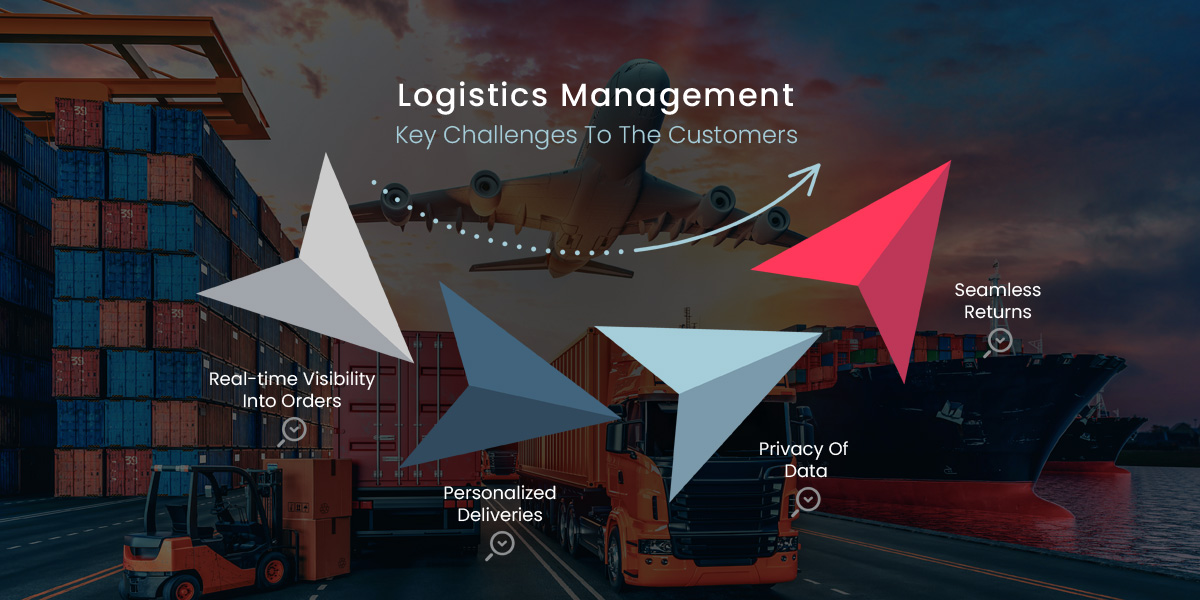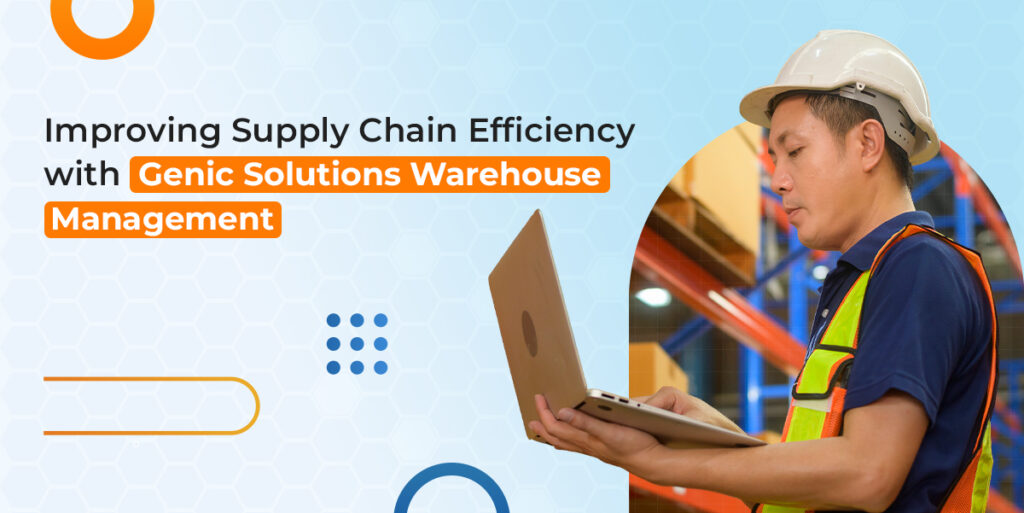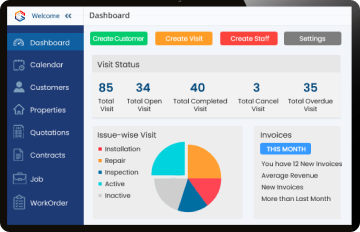It is not just enough to manufacture quality products but it must reach the customer safely and on time. This is an important part of any company and that is how logistics evolved as a separate department and many studies went into it. Logistics involves the storage and transportation of material from the factory to the customers. In many cases, it also involves bringing the raw materials or components to the factory.
Logistics management includes the selection of transport companies, transport methods, routes, and delivery methods. For a company, this is a very important department as it involves cost and speed of delivery. It also includes the safety of the product until it reaches the customers. There are so many processes involved so much that many companies hand over the whole process to other companies specialized in the job.
Logistics Management and Its Challenges
Logistics management includes a lot of components like managing the transport of both incoming and outgoing materials, managing the storage of the goods, managing vehicles for transport, control of both raw materials and finished goods stocks, handling logistics service providers and planning the supply. The inbound part of logistics includes reaching the raw materials to the factory and the outbound logistics comprises storing the finished goods and reaching them to the customers.
There are many challenges that logistics managers face mostly occurring due to an error on the part of any of the employees or a delay in taking a decision. A delay in the delivery of goods can result in dissatisfaction on the part of the customers and loss of business. Hence, it is essential that there should be no delay in taking the right decisions. Another concern is to reach the goods in good condition without loss or damage.
Customers are not only demanding faster delivery but also wanting to know the exact status of their orders. Most of the e-commerce businesses which work from a mobile app provide the exact status of the order. Another challenge that logistics face is the increased cost of fuel and labor which can affect the overall cost of the product itself.
The Need for Logistics Management Software
All the above challenges have made it necessary to shift the process from humans to machines. The logistics management software is the best way to integrate all these operations and manage them properly so that there are prompt delivery and reduction of cost. The software would help to plan incoming materials, production, and delivery of the goods to customers in a proper way. The software will also help to keep a track of the goods from start to finish using the most modern technology.
The common feature the software must have is that it should be able to be used by different people. It should have the facility to process invoices and contracts. The software should update the inventory on a real-time basis and also allow the tracking of the goods. The reporting system in the software must be total and informative. For companies that do not have separate supply chain management software or warehouse management software, those can be included in this.
The Benefits of Having a Logistics Management Software
One of the major costs of logistics is transportation. It involves the cost for fuel, labor, tolls and other expenses. This being the case there is a need to carefully manage the transportation part of the logistics. The inclusion of transportation management software in the logistics software can help greatly in managing transport and reducing costs. It will also help to analyze the data and use it to improve efficiency.
The main advantage the company gets from the logistics software is the goodwill of the customers by making quicker deliveries. The software can analyze the different orders from customers and arrive at the best production schedule to ensure that the customers get their required goods at the right time. Extending the software to a mobile app will also help the customers track the goods from their app version.
The software will do the main function that software is expected to do. It will remove the chances of human error. While humans take a long time to compile the available data and arrive at a solution the software can do it in a short time and without any errors. This will help you have the right information quickly to make the operations have no delays.
The software helps in automating various processes like the selection of the right transport, planning the load and finding the fastest route. When there is software there is no need for paperwork or spreadsheets to manage the logistics. This saves time and makes the process more efficient. It will help in comparing the costs of different transporters and select the least expensive thus reducing cost.
Building a mobile app to manage the logistics as an extension of the software helps all the parties involved to know the real-time status of the shipment. It will also help to book your transporter easily using the app. You can also get a delivery confirmation using the mobile app which will tell you the exact time when the customers have received the goods.







